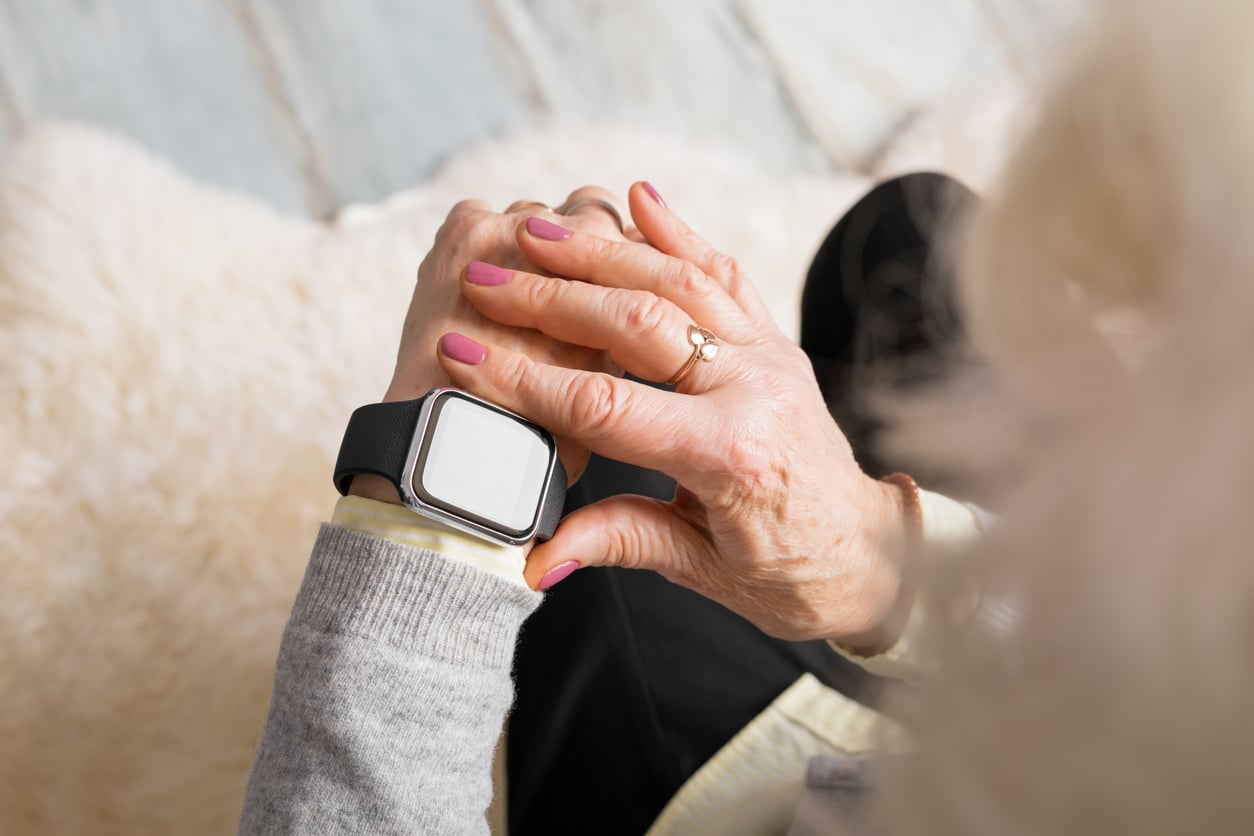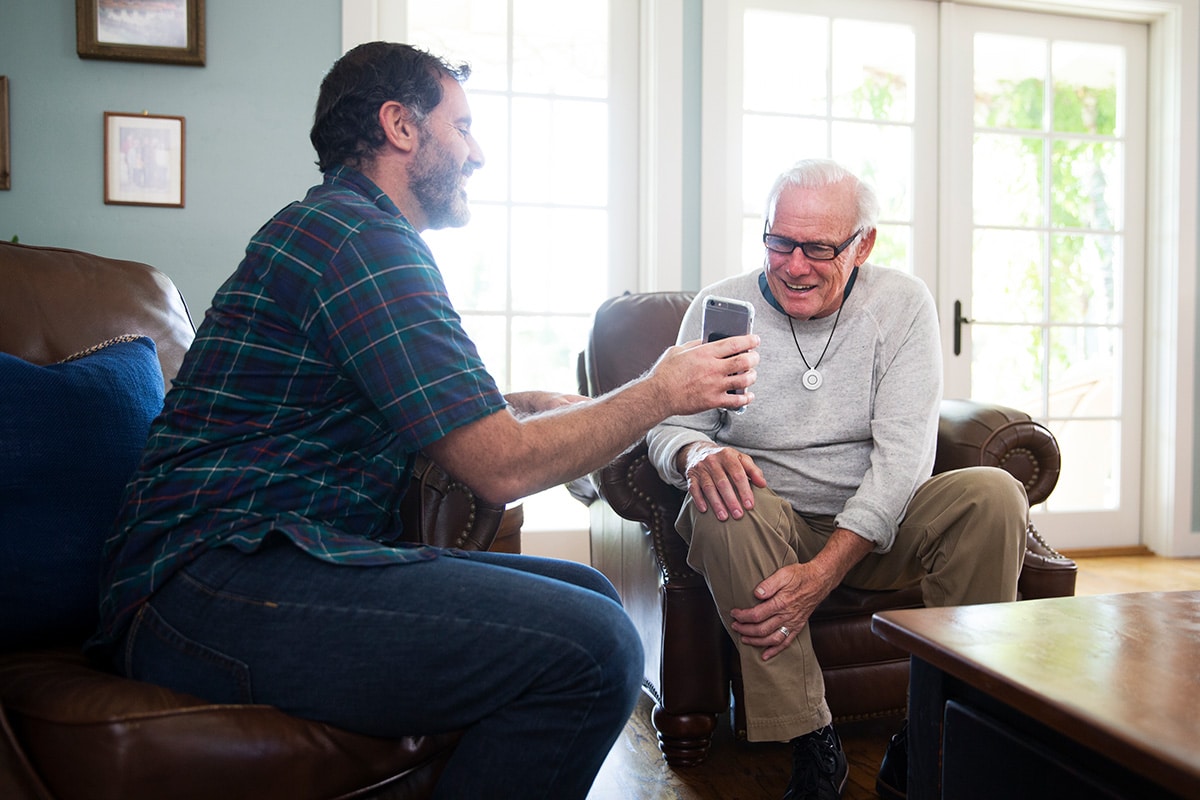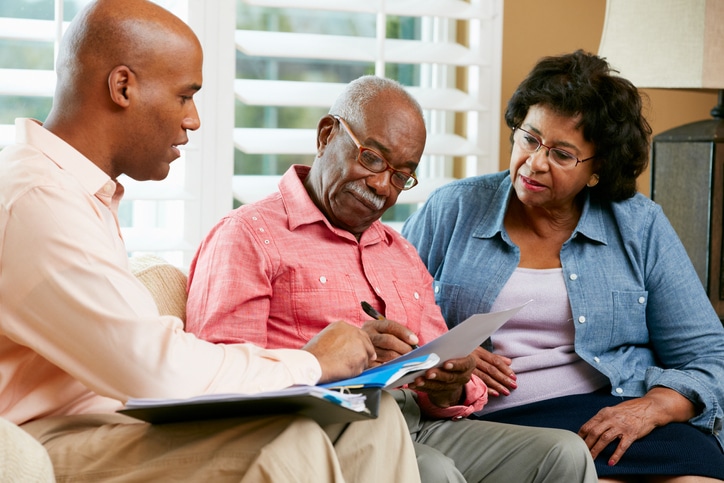Falls are a leading reason seniors call for emergency services. In 2011, emergency departments treated 2.4 million older adults for falls, according to the Centers for Disease Control and Prevention. Although some falls may only result in minor injuries, more severe falls can cause head trauma, fractures, and other serious injuries.
In fact, according to the American Journal of Preventative Medicine, a third of seniors fall each year, with fewer than half of them mentioning the fall to their physician. While you should always discuss a fall with your doctor, this figure suggests that not all falls require serious medical attention.
Types of Medical Alert Devices
These figures are important to consider when you’re thinking about investing in a medical alert device. Medical alert devices are a great resource for seniors at risk for falls, but some will meet your needs better than others. It is important to understand what happens after a call since there are two ways these systems can work.
With some systems, the help button contacts emergency medical responders directly. While this offers an obvious benefit, there’s also a major drawback: What about the times you need assistance, but not emergency medical treatment? What happens if you are not injured, but are having trouble getting back on your feet? Will you call an ambulance when your next-door neighbor would gladly help? Calling for emergency services when you only need a helping hand can be hard on the wallet.
Response Center Systems
This is where the other type of response system prevails. The help button does not call emergency personnel directly. Instead, it dials a response center. Within a few seconds, you will be greeted by a call center associate. Associates are trained to be calm and courteous in all situations and are available 24 hours a day, 7 days per week.
Not only will you be speaking to a trained professional almost immediately, but you can choose who that person calls as well. When you register for service, you will provide a list of contacts. The list can include anyone, from your neighbor to a trusted friend to family members. These are the people the response center will call when you need assistance without necessarily needing medical care.
Another thing to note when choosing a medical alert device is that the best service providers run their own response centers. They consider it their responsibility to serve their subscribers when they need help the most.
A device such as HomeSafe with AutoAlert from Lifeline allows you to remain in control and choose whom you want to contact. In some situations, you won’t want or need emergency services. Getting aid from your son, daughter, or friend is a great alternative. Knowing the choice is up to you makes stressful and scary situations a little more manageable.
Take our quiz to find the right medical alert system for you.




